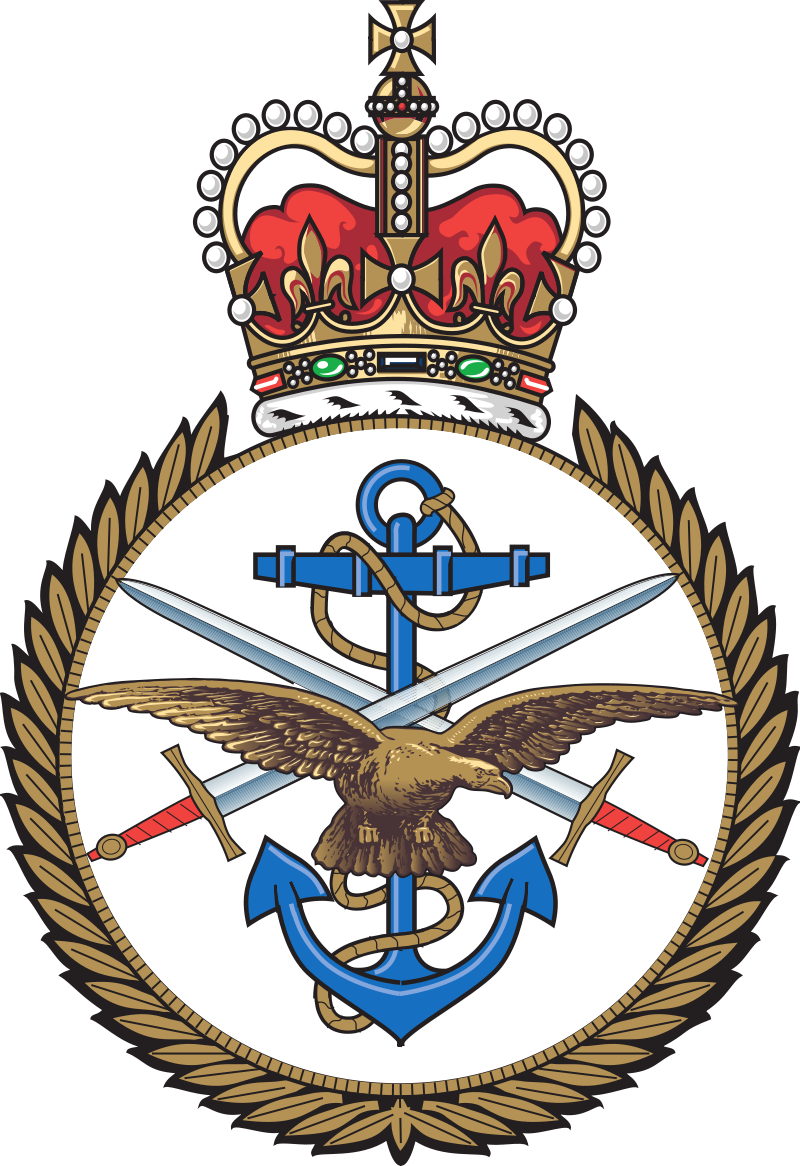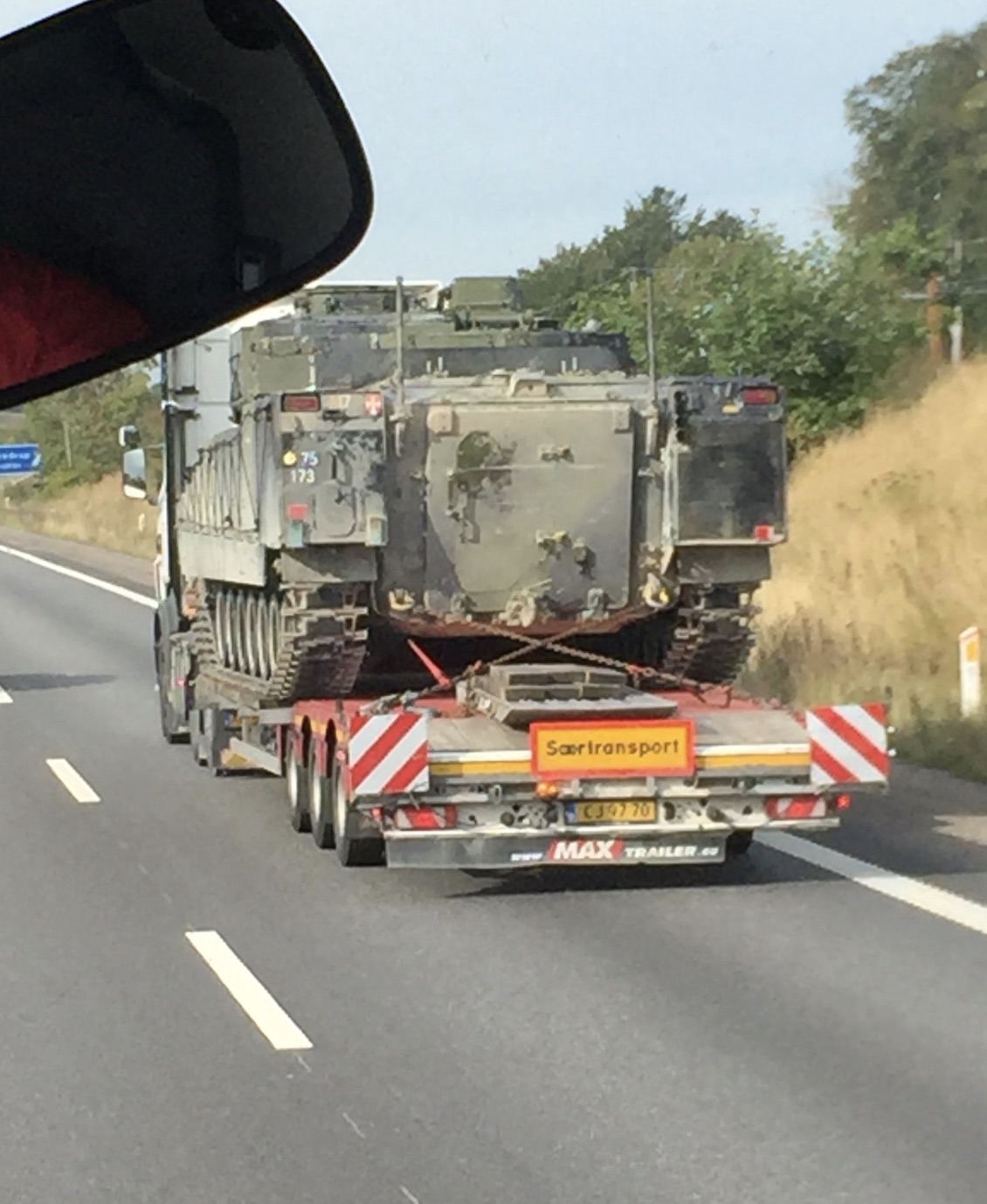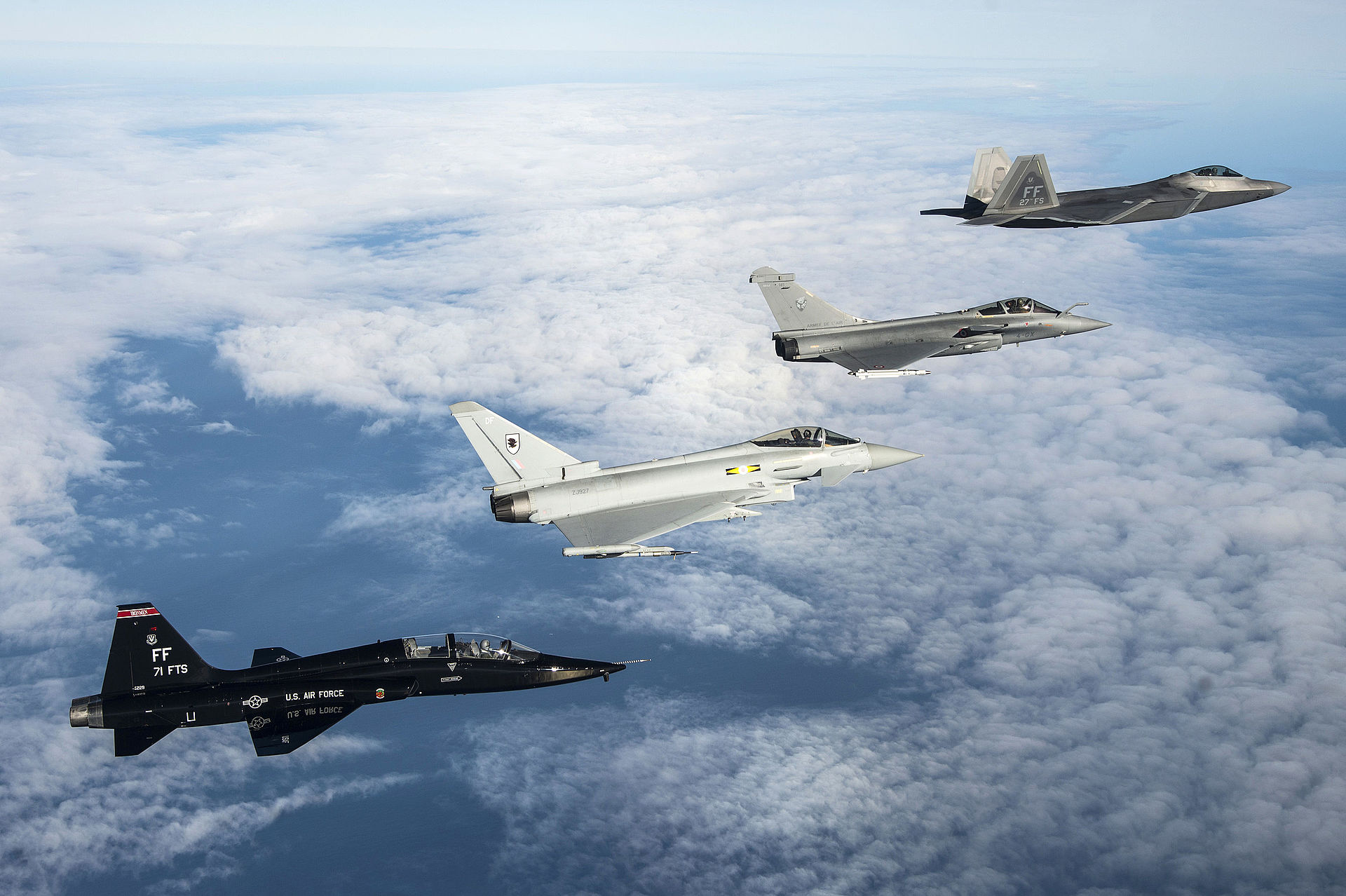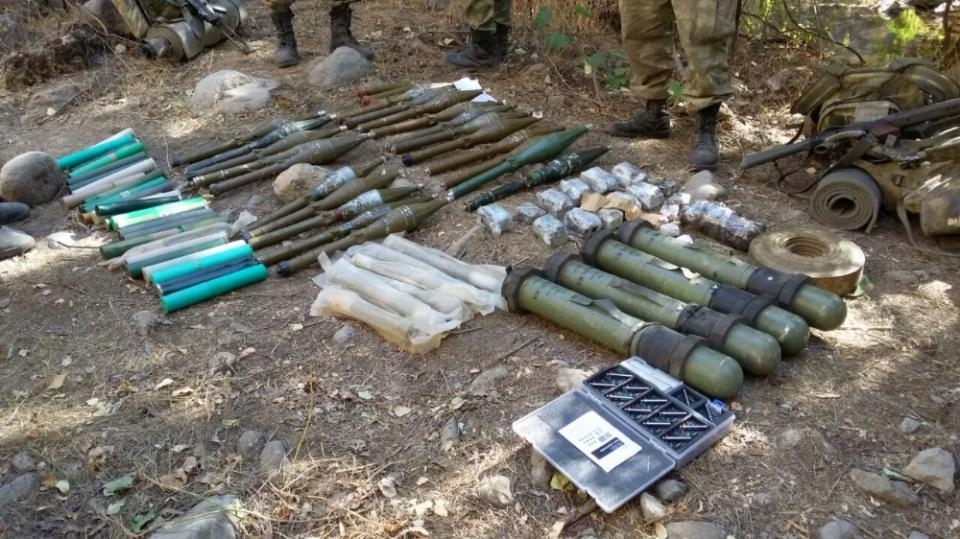By Daniel Oxholm
This is the first blogpost from NOIR and is made as a response to the first @Quiztime quiz I made some weeks ago. The quiz was about a danish CV90 on a lorry going west toward ‘Antvorskov Kaserne’ close to Slagelse.
@Nixintel solved this quiz brilliantly and wrote a blog post that I recommend reading:
In this blog, I will give tips regarding methods to find military logos and camouflage, military vehicles, military airplanes, weapon and short about finding the military locations.
Military logos

Firstly, Google is very helpful to find the right troops logo that you are searching for. It might take time if you are looking for small military troops, but still, this should be possible.
Try searching for some different troops like English troops, which might lead you to a page like this one, which will show you many different options for your logo.
If you already have an image of the logo that you are searching for, then you should go for a “reverse image search” on both Yandex, Google and Bing. Rule: Always check all the different search tools, which are available to you, it will increase your chance of getting more results.
If you are trying to find a specific type of camouflage and figure out which troop it belongs to, the page camopedia, is a good place to start.
Military vehicles recognition

Type of vehicle: You can do a reverse image search if you have an image of the vehicle.
Make sure that you are looking at the right model and not an old model of the same vehicle. See, for example, this site, on licenses plate of the world:
If you are trying to find a specific vehicle, then make sure that you get all of its unique characteristics; damages that have been done to the vehicle, unique logos, licence plate, numbers and camouflage layout. A good case to understand this is M17 by Bellingcat. See the article about this case here.
Military Airplanes

Airplane spotters:
Try looking or asking for aviation spotters in the country or state, that you are doing your research in. Here are some examples.
- FighterControl
- Scramble – Dutch Aviation Society
- Facebook page – Military Aviation Spotter
- Facebook page – Danske Flyspotter (old page, but good example)
Airplane tracking:
The main source for tracking airplanes is the online websites with overviews of airplanes movement. Global Investigative Journalism Network (GIJN) has made a very useful guide of how to use these websites – read this guide carefully!
Examples of websites to use are:
Military weapons

I have not worked with this, but I think that Elliots (founder of Bellingcat) approach when he began his Brown Moses blog is still valid. Find and ask around until you get to know what you are looking at.
Another good source would be to follow @CalibreObscura and other arms researchers on Twitter. And remember to ask about weapons that you either don’t know or don’t understand!
Finding military locations

The method to find a specific location is mostly a mix of satellite images and maps. The two main sources are google maps, google earth, if you are without a budget – another good interactive map is Mapillary. When it has to do with military it is always good to consider what the strategy for a group or person in the image is, because this might tell you where they are, where they might have come from and the direction that they are heading. In the quiz about a danish CV90, the direction of the vehicle and the shadows of the vehicle, helped Nixintel find the E20 highway that is the only one running East-West in Denmark.
